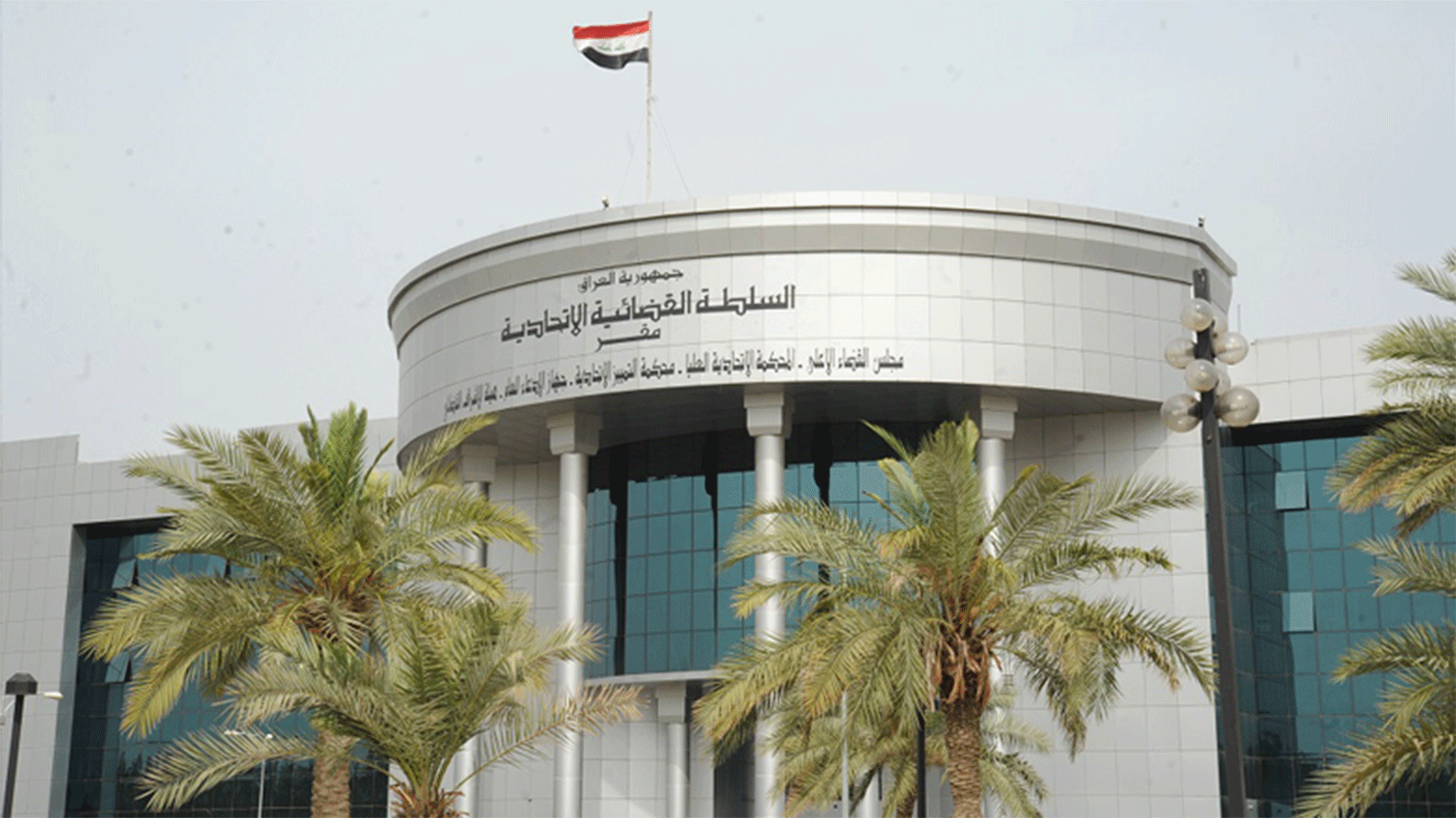Iraqi Federal Supreme Court postpones its session on KRG election law

ERBIL (Kurdistan24) – The session about the Electoral Law of Kurdistan Regional Government (KRG) on Sunday postponed for the twelfth time by the Federal Supreme Court of Iraq. The next session is to be held on Wednesday.
The articles that are under scrutiny specify the number of parliamentary seats, implementation of the Sainte-Laguë method of parliament seat distribution, and the quota seats allocated to the ethnic and religious minorities in the Kurdistan Region parliament. The complaints were launched by Ziad Jabbar, head of Patriotic Union of Kurdistan (PUK) bloc in the fifth round of Kurdistan Region parliament as well as Amanj Najib Shamoun, the Christian Representative from Council of Sulaimani Providence.
Previously, Aydin Maruf Selim, Minister of State for Minority Affairs, announced in a media conference that “the repeated postponements of sessions by the Federal Supreme Court over these complaints are dubious.”
“Any change to be applied on the number of quota seats must first be negotiated with the representatives of the ethnic and religious minorities” the minister added.
Meanwhile, Kurdistan Region President Nechirvan Barzani, via a presidential decree, had identifiedFeb. 25, as the day of parliamentary elections. However, because of the launched complaints, the preparations for the parliamentary election were suspended by the Independent Commission of Election in Iraq. Later the Election Commission announced that the preparation could not be met on the designated date.
The Legal Articles that are under scrutiny are the following:
Article 1: Kurdistan Region parliament consists of 111 seats.
Article 9: Kurdistan Regionis considered to be one singular entity, and its constituency is divided into few electorate centers.
Article 15: Regarding Kurdistan Region, the list of electorates is prepared in accordance with the electoral centers and is in alphabetical order. Vocation, address, location and dates of birth are to be included in these lists. If not applicable, then the Commission could think of other solutions to achieve its goals.
Article 22:
a- Any Kurdistan Region political party could submit a list of candidates; this list must meet the 30 percent quota for female candidates. The candidates must be ordered in such a way so that the ratio of female candidates is guaranteed. Each list must also contain a minimum of three candidates.
b- The list of candidates must be submitted to the head of the Independent Commission of Election in Iraq within a 15-days period, with all the necessary documents attached in accordance with Article 21.
Article 36:
a- Five quota seats are dedicated to the Chaldean, Assyrian and Syriac minority. The candidates of this group shall compete to obtain these seats.
b- Five quota seats are dedicated to the Turkmens minority. The candidates of this group shall compete to obtain these seats.
c- One seat is dedicated to the Armenian minority and the candidates of this group shall compete to obtain this seat.
